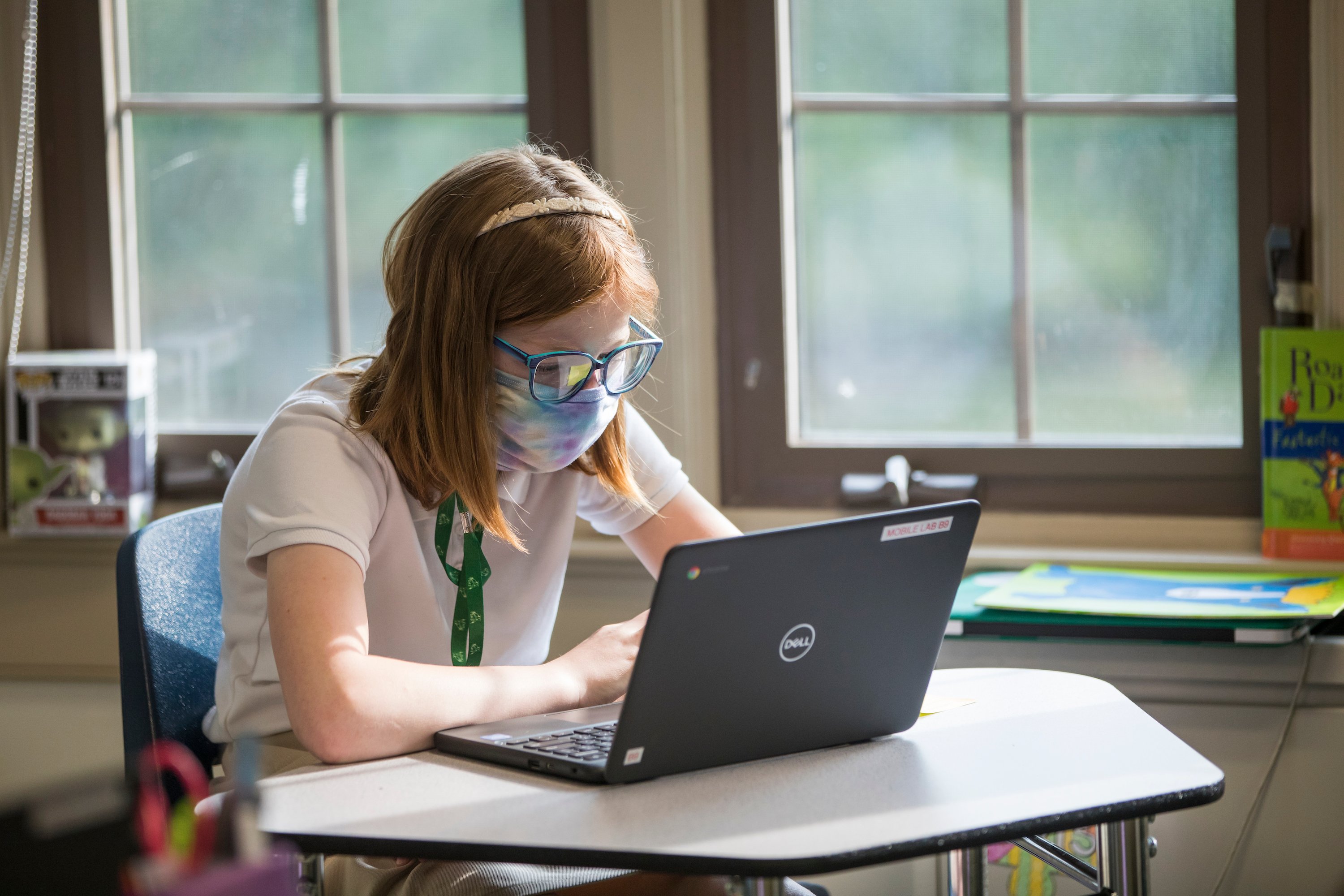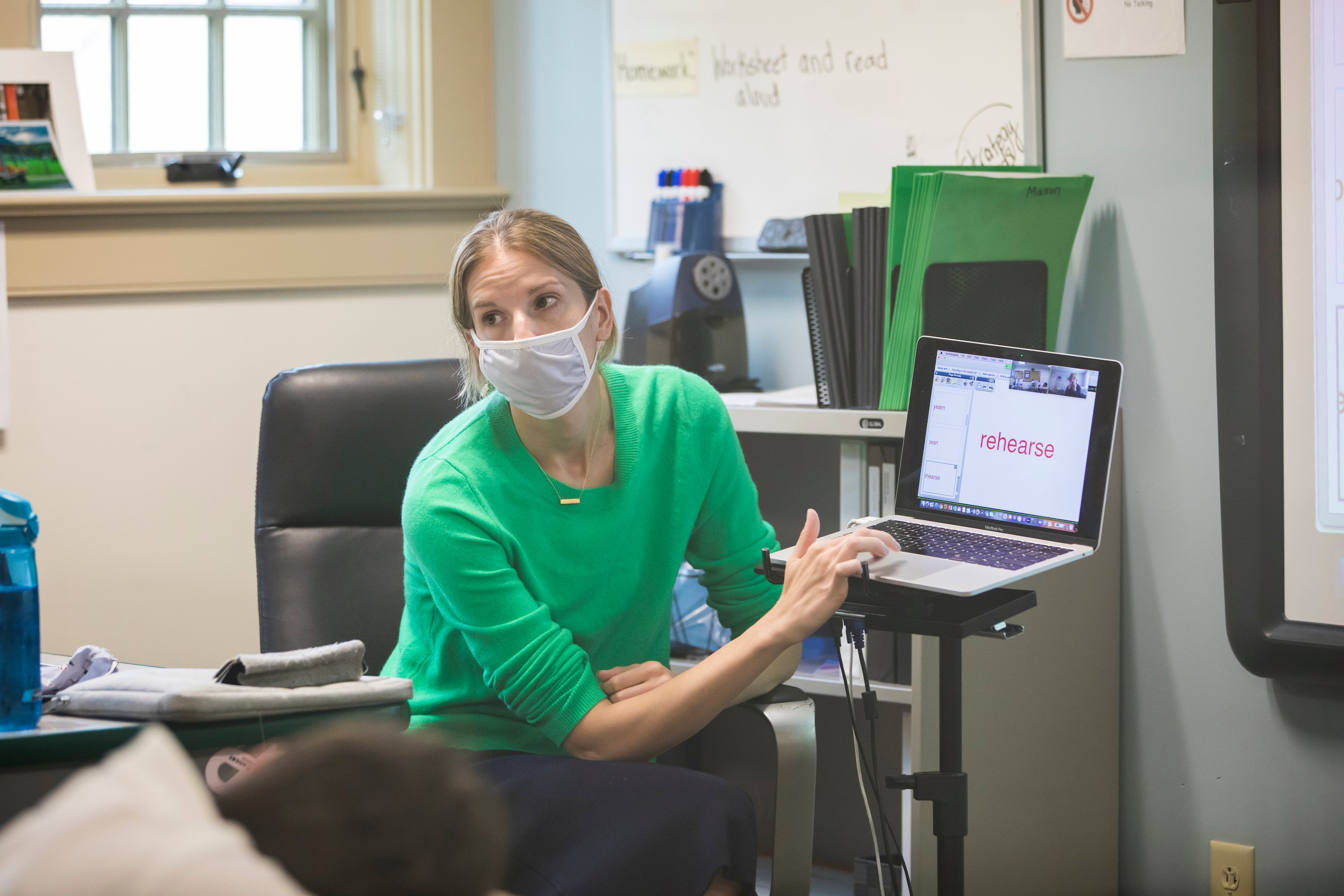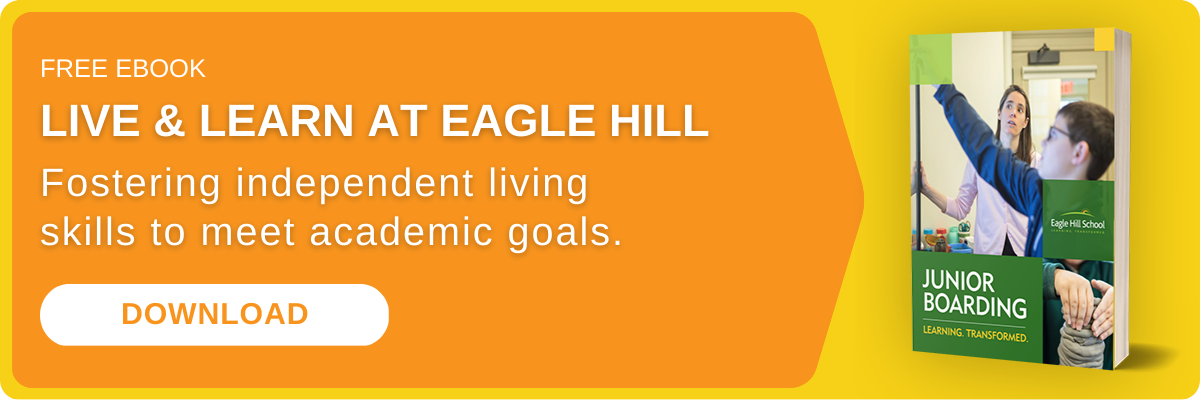If you’re weighing your options between packing your child up for the bus every morning, or enrolling them in a boarding or junior boarding program, there’s a few things you should know, especially if your child has learning differences.
Boarding schools with programs specific to helping students with learning differences thrive, and faculty trained to work with these kids on reaching their fullest potential, have a number of benefits that can give them an edge academically and socially.
The Beauty of Routines and How they Build Confidence
A good routine allows children to have reasonable expectations for the day ahead. Those with learning differences can grow comfortable once they’ve built up healthy habits, but getting to a point where they’ve got those habits down can be difficult.
At a boarding program, routines are not only encouraged by the staff, but followed by all the residential students. Children learn not only through instruction, but by example, and through working together, they learn firsthand the value of each and every exercise.
Structure and stability are key to helping students with learning differences build healthy habits and feel as though they are a part of a community. That sense of belonging comes soon after the confidence of knowing what to do when.
At a residential school, students have the opportunity to learn the importance of seemingly benign tasks, seeing how a clean room can impact the people around them, and an organized desk can help them maximize their productivity. How the simple act of getting dressed and eating breakfast alongside friends can be a better start to the day than any other.
The Specialized Guidance of Teacher, Mentor, and Supervisor
A parent can breathe easy when they know their child is safe, and saying goodbye can be a strong reason parents may have against a boarding program. But the fact of the matter is that residential programs have notoriously small student to teacher ratios, which end up working in the parents’ favor.
With teachers available not only in the classroom, but at mealtime and during recess, adults are constantly present to ensure peer interactions are wholesome and thoughtful, and that every student has a chance to speak.
Students with learning difficulties can have a hard time connecting with peers, but at a boarding program, they become a part of a community. Not only are they all there for similar reasons, but that proximity to the faculty means they have access to a key resource that every student can take advantage of at any time.
This opportunity for the teachers to get to know the students on a more personal level, and vice versa, goes miles in advancing students’ social skills, and helps the adults better understand their students’ needs.
The Value of an Education Tailored to Each Student

When it comes to supporting children at home, managing their academic workloads and their day-to-day activities while taking care to support their emotional needs can be a lot to handle. There are new challenges that arise every day, and new information to advise you on the best possible parenting methods, but what it comes down to are your child’s specific needs, which are as unique as they are.
With specific experience in special education, and a model that promotes individuality through reasonable guidance and unwavering support, the staff at boarding schools goes above and beyond. They prepare a curriculum that coincides with institutional standards but take careful consideration of areas where students could use room for improvement to ensure a full rounded learning environment. And they are an available resource, working with students every step of the way with individualized attention to drive home each and every lesson.
Academic programs at schools like Eagle Hill School’s are designed to identify the capabilities of every student. Every teacher is trained to work with students to encourage transferable skills that hone in on their strengths and overcome their weaknesses.
In Conclusion…
…It takes a village. Boarding schools with specializations that focus on supporting students with learning difficulties have all the resources to ensure they’re reaching their fullest potential. If your interested in learning more about the benefits enrolling your child in a program like this, tune into the Junior Boarding Program's Virtual Open House.
About Eagle Hill School
Eagle Hill School is a private school for learning differences located in Greenwich, Connecticut. Their academic program is designed to help students struggling with executive function disorder, and other differences such as dysgraphia, dyscalculia, dyslexia, ADHD, and auditory processing disorder. Specialized remedial learning programs are taught by experienced teachers who help students navigate through learning challenges, preparing them for bright futures ahead.
Other blogs you may be interested in:
Choosing the Best School for Children with ADHD: 5 Factors to Consider
How Connecticut and New York Parents Can Help Their Child With Executive Function Disorder




